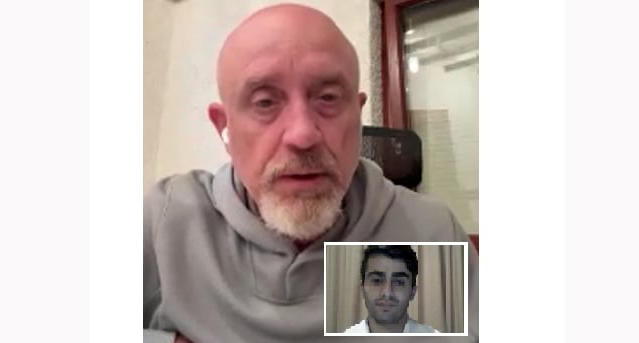Amendments introduced in Parliament allow Communications Commission to go to court and request confidential information about broadcasters from banks if broadcaster does not provide information itself

The Communications Commission is given the opportunity to apply to the court and, through the court, request confidential information about broadcasters from commercial banks and microbanks. This will happen if the broadcaster does not provide information itself to the Communications Commission in order to exercise the powers granted by law.
Amendments are being made to several laws in this regard.
A package of legislative amendments was prepared by the Georgian Dream deputies and has already been initiated in the Parliament.
According to the initiators, with the adoption of the aforementioned law, the National Communications Commission, which is the body responsible for the enforcement of the Law on Broadcasting, will be given the opportunity to effectively enforce regulations.
The Law on Broadcasting establishes certain prohibitions regarding the financing of broadcasters. In particular, it is prohibited to finance a broadcaster by an administrative body, political party, official or public servant. It is also prohibited for a broadcaster to receive direct or indirect funding - monetary or other material benefits of property value - from a foreign power. The National Communications Commission ensures the implementation of this.
As stated in the explanatory note to the draft law, the mechanisms provided for by the legislation for the executive body cannot adequately ensure the effective implementation of the existing regulation on the prohibition of financing a broadcaster, and in order to achieve the purpose of the law and enforce the law, the existence of appropriate enforcement mechanisms is also necessary.
“Based on Article 70, Paragraph 9 of the Law of Georgia “On Broadcasting”, the Commission is authorized to request from media service providers - including broadcasters and video sharing platform service providers - information related to the performance of tasks and functions stipulated by the law and the normative acts of the Commission, including on compliance with the requirements of the Georgian legislation, license/authorization conditions and the Code of Conduct, as well as documentation confirming compliance with the requirements established by the Georgian legislation on copyright and related rights. In case of failure to provide the requested information, the Commission is authorized to apply sanctions stipulated by the Law of Georgia “On Broadcasting” to media service providers and video sharing platform service providers - in particular, a warning, a financial sanction - a fine and suspension of authorization. However, it is worth noting that the aforementioned sanctions cannot ensure the effective enforcement of the provision related to the prohibition of financing of broadcasters established by Article 66/1 of the Law “On Broadcasting”, as the Commission does not have an effective mechanism to ensure the receipt of real information about financing in the event of failure of broadcasters to provide information.
Given their “hierarchy”, the sanctions provided for by the law cannot be considered an effective mechanism for the enforcement of such a high, legitimate public interest provision, which aims to protect society from the unlawful influence of various groups.
As for another type of sanction - suspension of authorization, it can be used only in the case of the third violation within 1 year. In addition, according to Article 8, Paragraph 8 of the Law of Georgia “On Broadcasting”, in the event of an appeal, both the suspension of authorization and the imposition of a fine of more than 5,000 GEL shall automatically suspend the operation of the Commission’s act.
It should also be taken into account that the suspension of authorization for a broadcaster is associated with a number of difficulties, as it leads to the establishment of a kind of barrier to the public’s access to information. The regulation of broadcasters’ financing aims to protect broadcasters and, accordingly, the public from the influence of various groups. Accordingly, in order to protect this legitimate, high public interest, it is necessary to create an effective mechanism that will allow the law enforcement body, in the event of the broadcasters’ inability to provide the information requested, to request information about the broadcaster’s income from a third party – a banking institution,” reads the explanatory note to the draft law states

